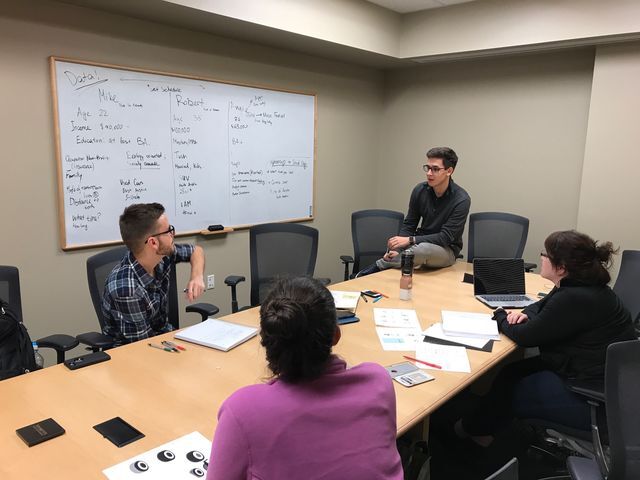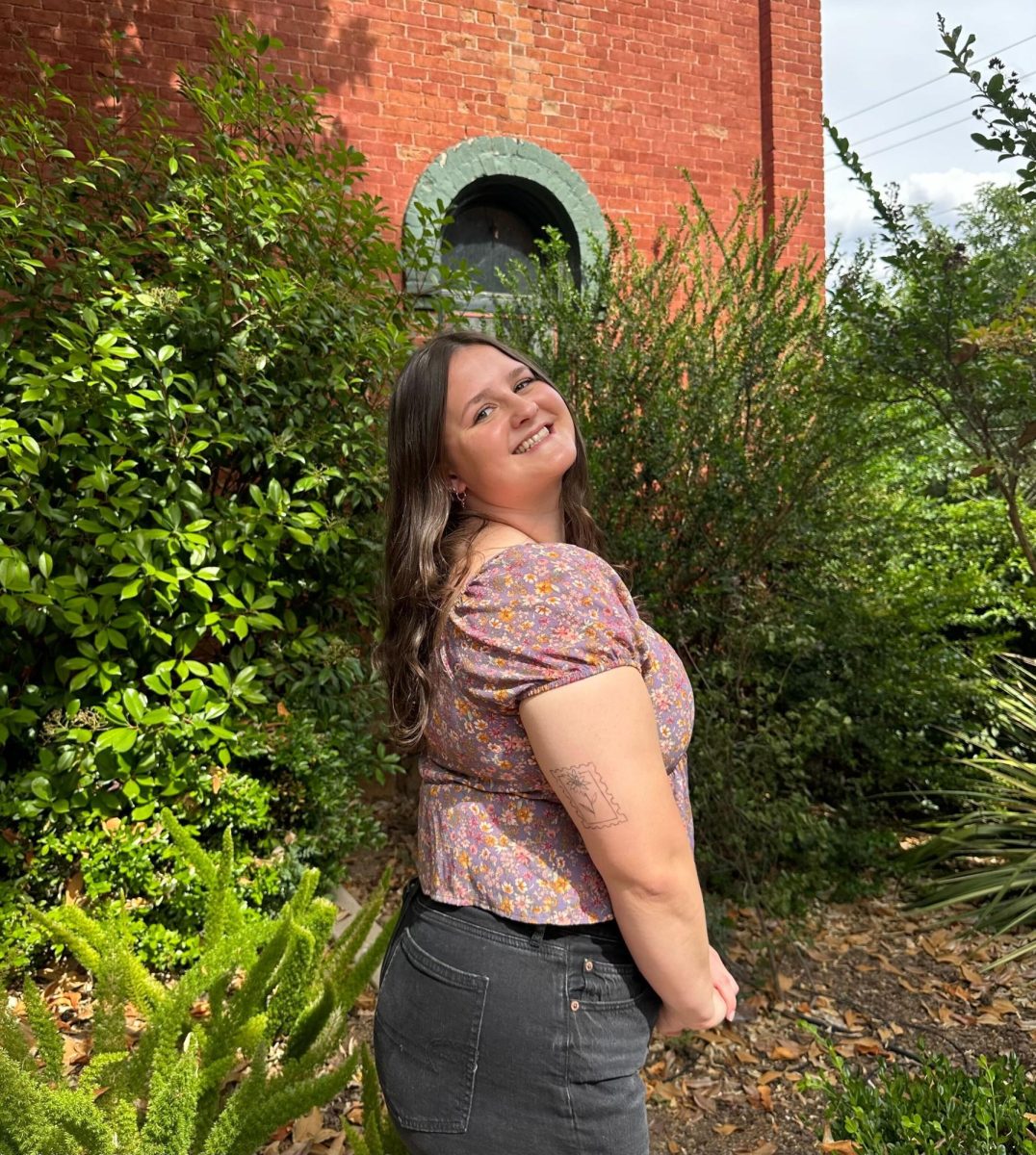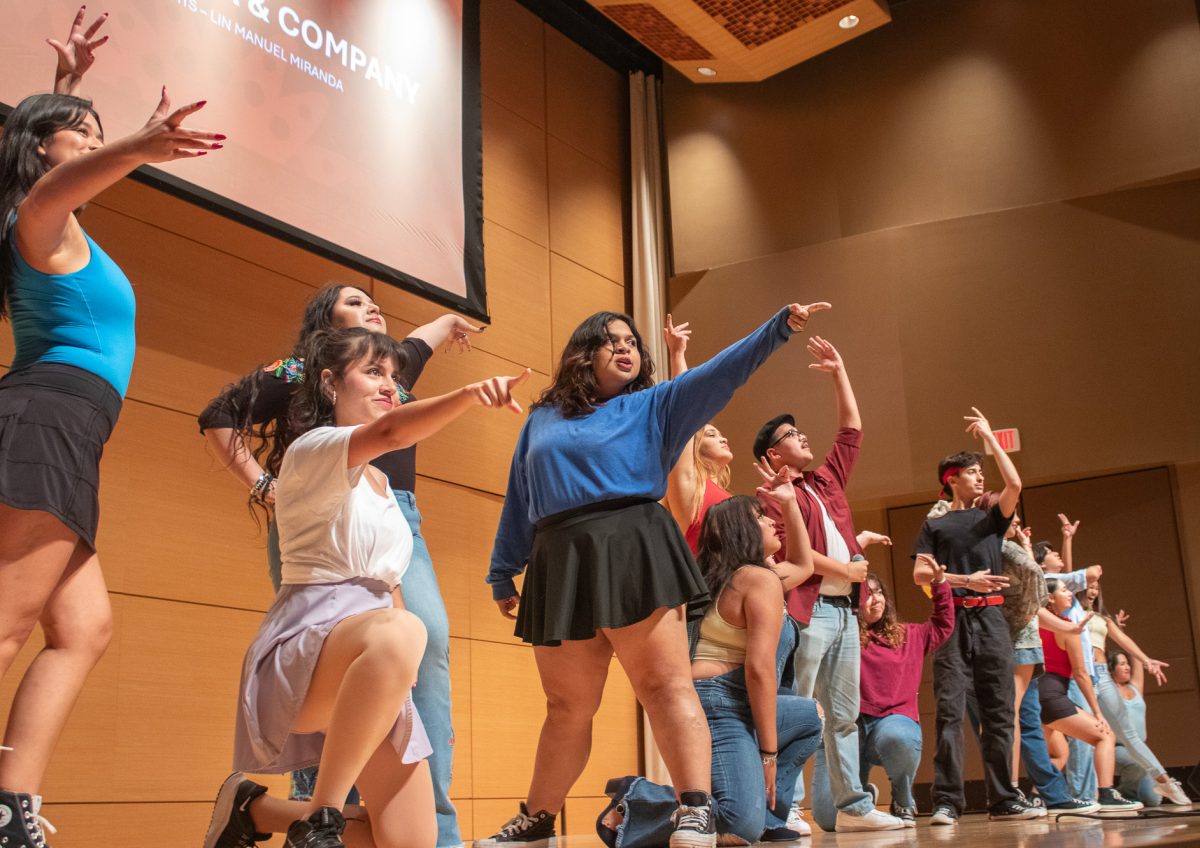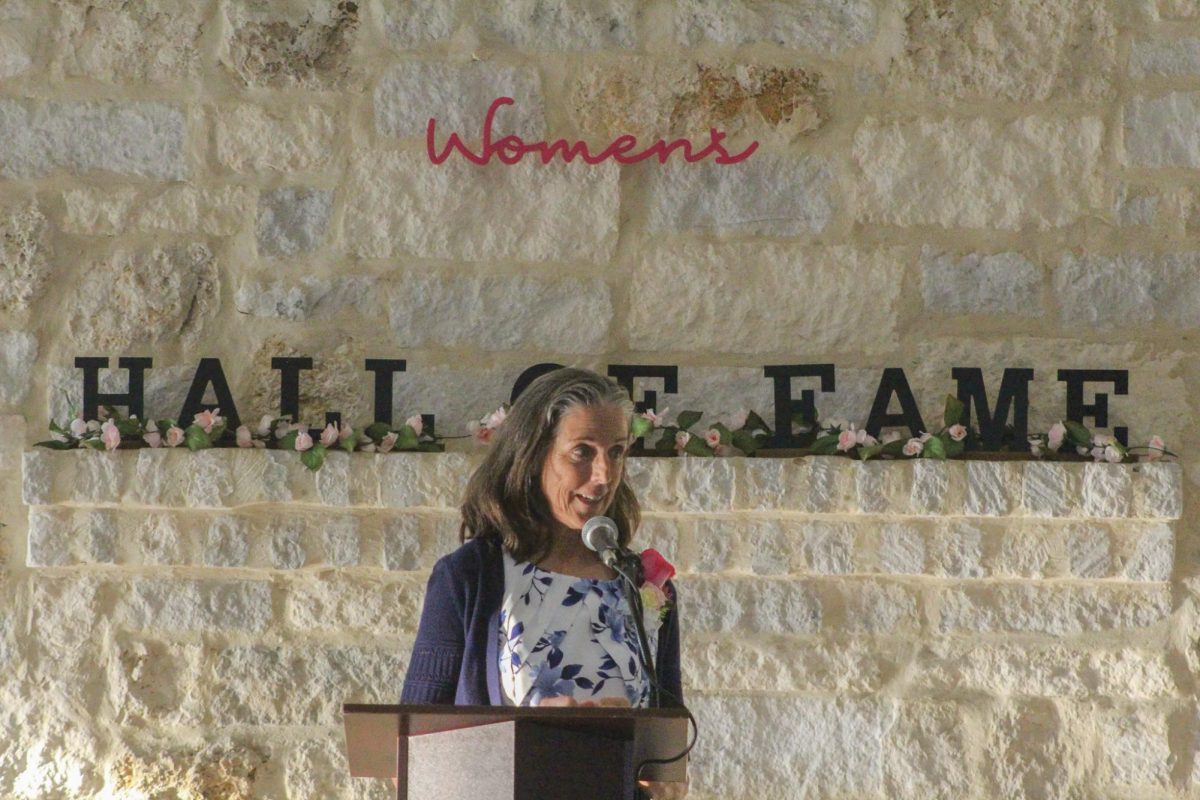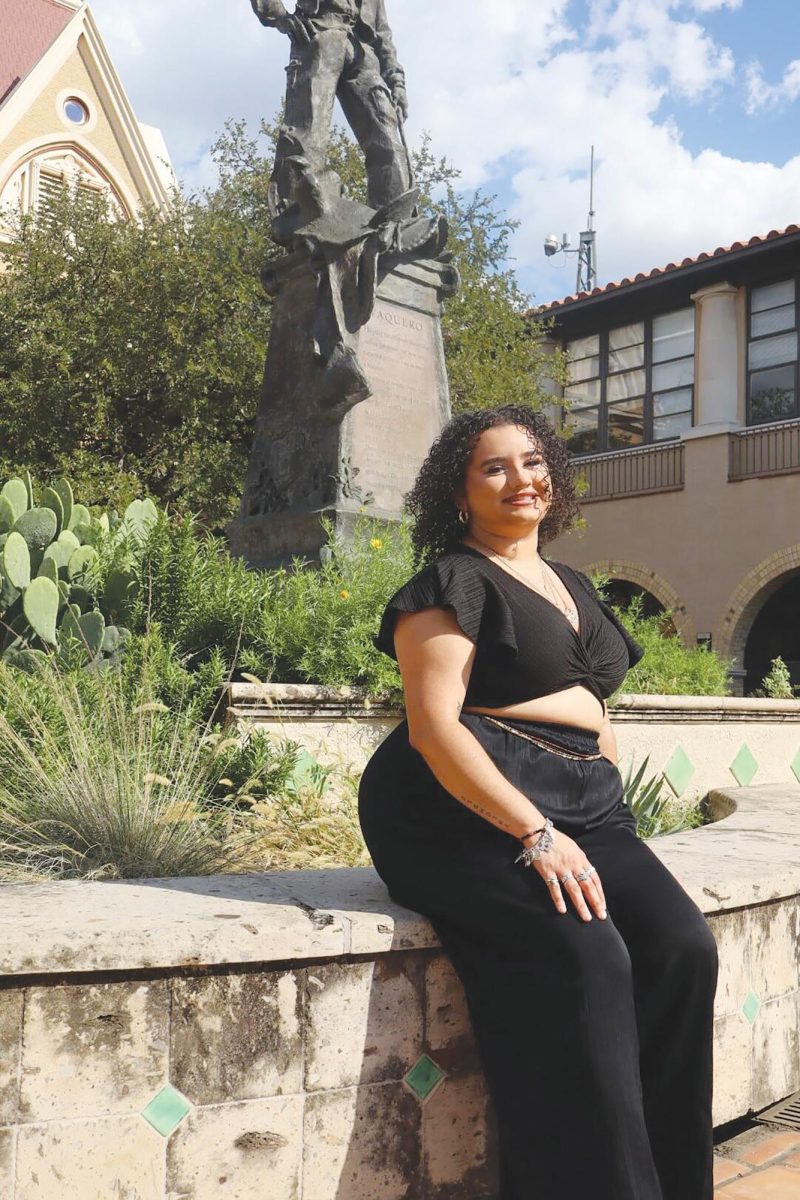Three lab teams that study hair, commuting from Austin and functional clothing for women may seem to have nothing in common. However, they all share a desire to solve real-world problems through student research.
Texas State student innovation lab teams will have a chance to showcase their research on March 11 at South By Southwest at the Texas State Innovation Lab showcase.
Three of the 15 student lab teams that will be featured at SXSW include Reduce. Reuse. Regrow., Commute Relief 2.0 and Pockets.
At the reception, lab teams will present their research to corporate partners in attempts to get their work launched in the marketplace.
The R3 lab team consists of two student researchers studying how hair and fur could be a green waste solution when used as compost. Alex Mcmoran, agriculture business management senior, is one of the two researchers working on this project and said they plan to market their product to organic farmers and home gardeners.
Based on a former study using wool, the R3 team created two separate compost recipes. One recipe consisted of wood chips and food waste while the other recipe consisted of dog and human hair.
“This project may seem like primitive technology compared to the other groups at SXSW, but if everyone understood the importance of soil health in the environment, then it’s well worth it to present something that challenges the conventional paradigm,” Mcmoran said.
Mcmoran said he does not expect investors to stop by a booth with a bunch of dirt at SXSW, but does hope that concerned intellectuals will be interested in the project and will talk to him and his partner.
“We are looking forward to being a part of it,” Mcmoran said. “In the midst of artificial technology, it will be exciting for our group to present something so simple, yet so helpful.”
Another project that will be featured at the innovation lab is Commute Relief 2.0. This lab team consists of six student researchers who are focusing on the financial, environmental and economical impact of commuting by creating a helpful online tool for commuters to use.
“Our goal is to promote mobility as a service and we want to improve the transportation industry in Austin,” Nikita Demidov, project manager and finance senior, said. “The way we do it is by offering a person the best alternative transportation option based on time and location.”
The team is achieving this goal with their online tool, Commute Relief, that would be used to make commuting more efficient. The tool is a platform that alerts users how and when they should leave by offering the most efficient transportation options available based on the user’s current location and destination point.
The team hopes to not only help make commuting easier, but also to help solve the traffic problem in Austin.
Another project that will be showcased at SXSW is Pockets, a five-member team that is working to improve the durability and functionality of women’s clothing.
Amanda Gregory, materials science engineering and commercialization doctoral student, is the founder of Pockets. Gregory said her inspiration to begin this project grew out of her frustration with the lack of pocket space in her jeans.
“When I started really seriously talking with women, I found that, universally, women aren’t happy with how their jeans fit and when I started really carefully comparing men’s and women’s jeans, I started noticing something else,” Gregory said. “Men’s jeans are made of more durable material. Not only are the pockets large enough to practically fit a house in them, but they’re made of this heavy-duty durable material that isn’t half stretchy stuff.”
The team hopes to first serve women’s needs by creating women’s jeans with more efficient pockets, but they would also like to collect more data on what challenges women face when looking for types of clothing.
To learn more about the Texas State Innovation Lab and the teams participating, or to get tickets, visit http://www.ua.txstate.edu/innovationlab
Categories:
Game changing innovations at SXSW
March 7, 2018
The Commute 2.0 teams strives to improve commuting in Austin with their new online platform. They will be showcasing their work to corporate partners at the Texas State University Innovation Lab and Reception on March 11.
Photo courtesy of Nikita Demidov
0
Donate to The University Star
Your donation will support the student journalists of Texas State University. Your contribution will allow us to purchase equipment and cover our annual website hosting costs.
More to Discover


